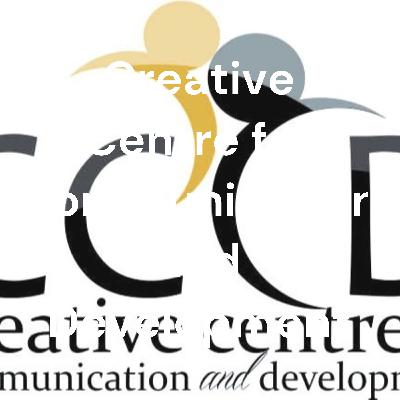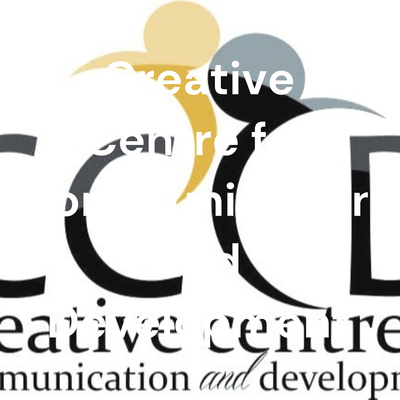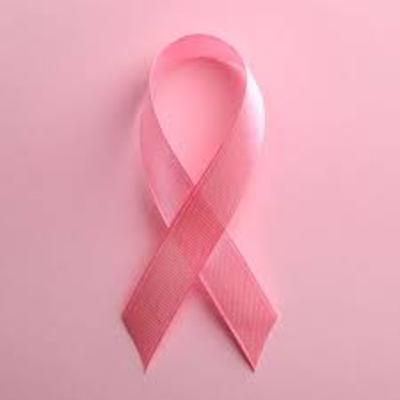Discover Creative Centre for Communication and Development
Creative Centre for Communication and Development

54 Episodes
Reverse
Domestic violence continues to be a major challenge in Zimbabwe, with many women and girls experiencing physical, emotional, and economic abuse within their homes. Although laws exist to protect survivors, cultural norms, stigma, and limited access to services often make it difficult for them to seek help.
Resilience of young women and girls in Zimbabwe in the context of the climate crisis
In this episode we spotlight the realities faced by youth—particularly young women and girls. In Zimbabwe, many are exposed to conditions that trigger trauma, yet mental health support remains limited. Without timely detection and care, trauma can escalate into anxiety, depression, and post-traumatic stress disorder (PTSD), undermining education, relationships, and overall well-being.
Commemorating the International Women's Day, 2024
In today’s episode, we continue to Kershia Mvundura, CCCD Programme Officer highlights what the organisation is doing to end the problem of drug abuse. Zimbabwe is witnessing an unprecedented increase in drug use among its domestic population. Young women and girls are reported to be among the most vulnerable section of the population, as they are tempted to use drugs as an escape from life’s troubles.
In this episode, we discuss drug abuse by women and girls. Zimbabwe is witnessing an unprecedented increase in drug use among its domestic population. Young women and girls are reported to be among the most vulnerable section of the population, as they are tempted to use drugs as an escape from life’s troubles.
The substances that are most commonly used in Zimbabwe include alcohol, cannabis, heroin, glue and cough mixtures such as histalix and bron clear. Cannabis (mbanje) remains the most popular illicit drug because it is grown locally or smuggled in from neighbouring countries like Malawi and Mozambique.
The International Day of the African Child commemorates the 16 June 1976 student uprising in Soweto, South Africa. The demonstration was led by the African students who were against apartheid-inspired education. The African continent commemorates the event with the aim of draw attention to children’s rights. In this episode we talk to a young woman who shares her experience as a girl learning in the rural areas in Zimbabwe.
The International Day of the African Child commemorates the 16 June 1976 student uprising in Soweto, South Africa. The demonstration was led by the African students who were against apartheid-inspired education. The African continent commemorates the event with the aim of draw attention to children’s rights. In this episode we highlight some of the challenges that young women face in their quest for education.
The International Day of the African Child commemorates the 16 June 1976 student uprising in Soweto, South Africa. The demonstration was led by the African students who were against apartheid-inspired education. The African continent commemorates the event with the aim of draw attention to children’s rights. In this episode we highlight the challenges that young women encountered in attaining education
In this episode we amplify voices of women and girls who continue to experience challenges because of menstruation. The situation is worse in rural areas where women and girl’s activities and mobility are restricted or constricted during the time of their menstrual cycle.
Menstrual Hygiene Day: In Zimbabwe, many women and girls are stigmatised, excluded and discriminated against simply because they menstruate. It is not acceptable that because of a natural bodily function women and girls continue to be prevented from getting an education, earning an income and fully and equally participating in everyday life.
The Creative Centre for Communication and Development is working with young women and girls to amplify their voices and raise awareness about the challenges regarding access to menstrual products, education about menstruation and period-friendly sanitation facilities.
As we draw towards the commemorations of Menstrual Health on 28 May, we want to amplify women and girls voices on their experience with regards to menstrual health. Women and girls are still suffering discrimination on the basis that they menstruate. The situation is worse in rural areas where women and girl’s activities and mobility are restricted or constricted during the time of their menstrual cycle. In this episode we talk to a young woman who is promoting menstrual health in her community.
In this episode, we talk to a social worker who works with marginalised and vulnerable women, including women with disabilities. Women with disabilities in Zimbabwe face daily struggles to access homes, offices, health facilities because most buildings were constructed without consideration for the accessibility needs of people with disabilities and their families.
As we commemorate the Women's Month we want to highlight some of the experiences that women and girls in Zimbabwe go through. In this episode we talk to Buhle, a young woman who went through a difficult time during her marriage and she reveals some of the challenges that women in Zimbabwe go through. The theme for the International Women’s Day this year is Gender equality today for a sustainable tomorrow.
This episode is a follow-up to our previous episode where we highlighted the prevalence of sexual exploitation of young girls in tertiary institutions. CCCD is working with young women to raise awareness on the physical and psychological impact of this form of abuse and mobilise girls to take action towards ending the abuse.
At a time when many companies are scaling down due to the economic challenges and the prevailing Coronavirus pandemic, many students in tertiary institutions are struggling to get places for their industrial attachment. Industrial attachment is an important component of the studies and those who fail to get a place for attachment will not proceed to the final part of the training and will subsequently not graduate.
In this episode, a university student reveals how she was almost raped by someone who had promised her a place for attachment.
Cancer is one of the leading causes of death. Early detection and treatment can help to save life. In this episode, we feature a young woman, Jacqueline Ushewekunze who had cancer. The cancer was detected early and she got treated. Jacqueline is now a motivational speaker and she encourages people to get checked for cancer regularly.
Breast Cancer Awareness Month 2021: This month we dedicate ourselves to providing women and girls with information that promotes positive health life style and increase public awareness in the prevention and early detection of breast cancer. In this episode we talk to Duduzile, a young woman who has participated in campaign marathons and has been going for Breast Cancer testing each year and she shares her experience.
Many young women in Zimbabwe are now using online platforms to market diverse products. These 'side hustles' are helping them to raise funds to support their education and personal needs. In this episode we have three university students who have managed to grow their online business.
The Coronavirus (COVID-19) pandemic has affected the lives of women and girls who survive on vending. In this episode, one of the vendors explains the challenges that she faces as she struggles to support her family








